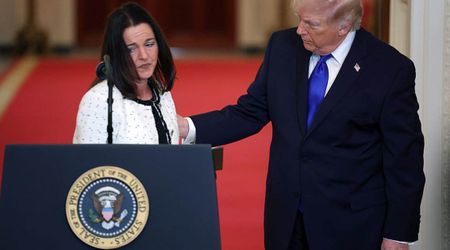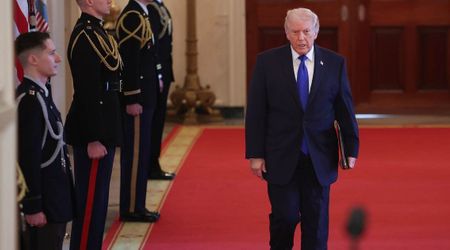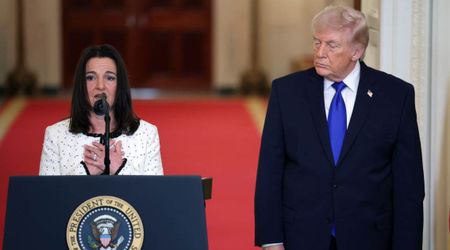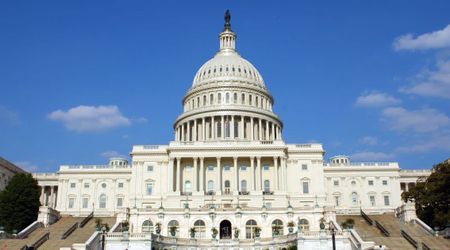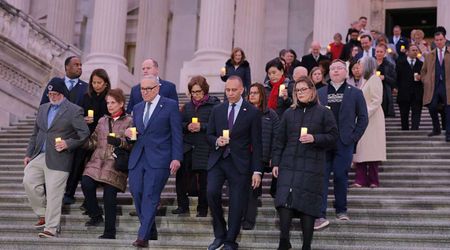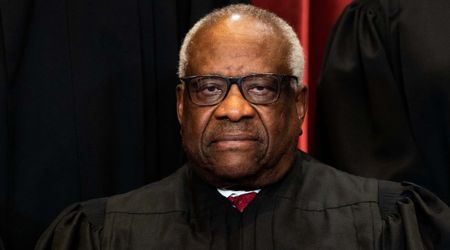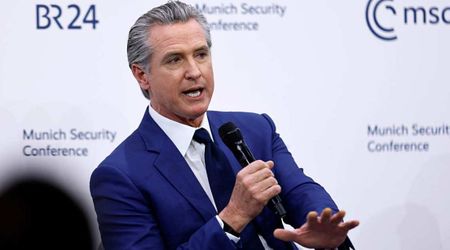Fact Check: Did Trump’s executive order call to 'institutionalize anyone disabled'?
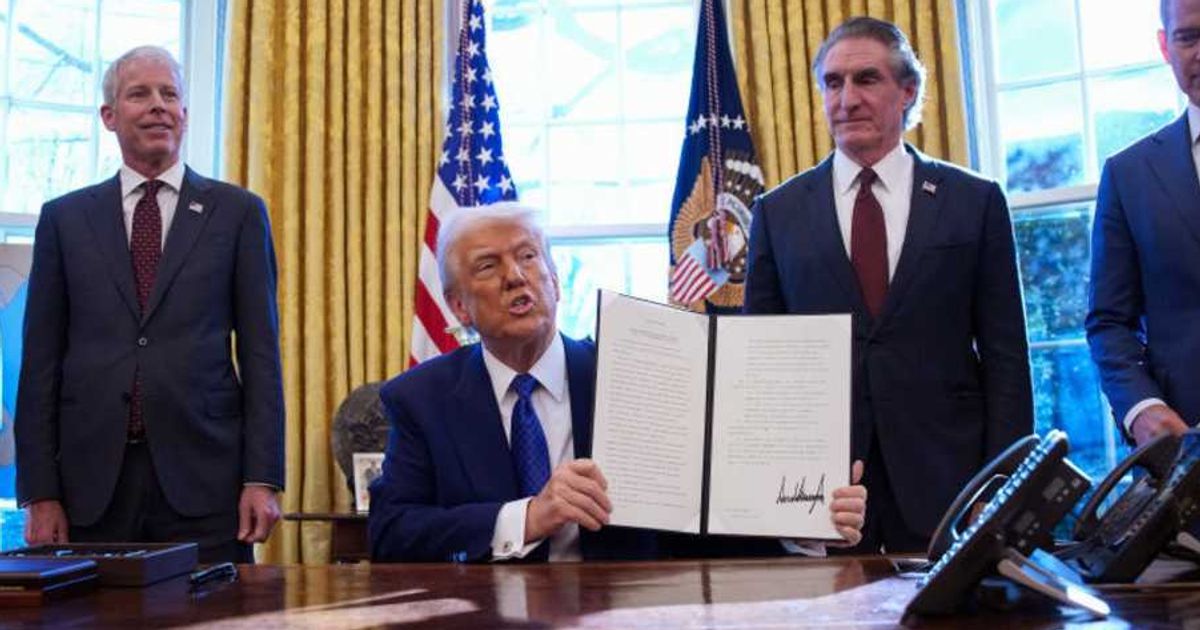
WASHINGTON, DC: A viral rumor claimed President Donald Trump’s July executive order was designed to “institutionalize anyone disabled.”
The chatter started after Trump signed an order titled “Ending Crime and Disorder on America’s Streets.” One post on X, which drew over 1.1 million views, flat-out claimed the order would “institutionalize anyone disabled.”
The claim later spread to Facebook and Reddit. Let's find out the truth about the posts.
Claim: Trump signed executive order to 'institutionalize anyone disabled'
The order, signed on July 24, is real—but the “disabled” angle is misleading.
The text lays out a plan to expand civil commitment, the process of forcibly admitting someone to a treatment facility. That’s usually reserved for people who are a danger to themselves or others. Trump’s order makes it easier for states and agencies to use civil commitment, specifically targeting the homeless population, Snopes confirmed.
As the order reads: “Shifting homeless individuals into long-term institutional settings for humane treatment through the appropriate use of civil commitment will restore public order.”

It goes further, directing Cabinet members to “seek, in appropriate cases, the reversal of Federal or State judicial precedents and the termination of consent decrees that impede the United States’ policy of encouraging civil commitment of individuals with mental illness who pose risks to themselves or the public or are living on the streets and cannot care for themselves in appropriate facilities for appropriate periods of time.”
In short, the goal is to remove legal barriers so states can commit homeless individuals with severe mental illness to treatment. That’s very different from a blanket policy to “institutionalize anyone disabled,” though critics say the language is broad enough to raise concerns. Community notes on X also flagged the viral claim as misleading.
Trump signs an Executive Order to institutionalize anyone disabled. This isn't a President. This is a fucking monster. No one signed up for this type of treatment.
— Todd B (@John_Beckham14) August 26, 2025
Backlash from mental health advocates
Advocacy groups quickly pushed back.
The National Alliance on Mental Illness (NAMI) issued a statement condemning the order. CEO Daniel H Gillison Jr said: “Mental illness is not a crime, and people with mental illness deserve to be treated as human beings, with dignity and respect. While we agree that homelessness is an urgent crisis in our country, to truly address the systemic causes of this crisis, we should be pouring resources into treatment to improve early access to care and investing in supportive housing and other wrap-around services."
Gillison added: “It’s always ideal—and best—for an individual to engage in their own treatment. Yet too many NAMI families know that isn’t always possible. Unfortunately, yesterday’s order concerningly focuses broadly on institutionalization and not on real solutions that we know work in helping people lead better lives.”
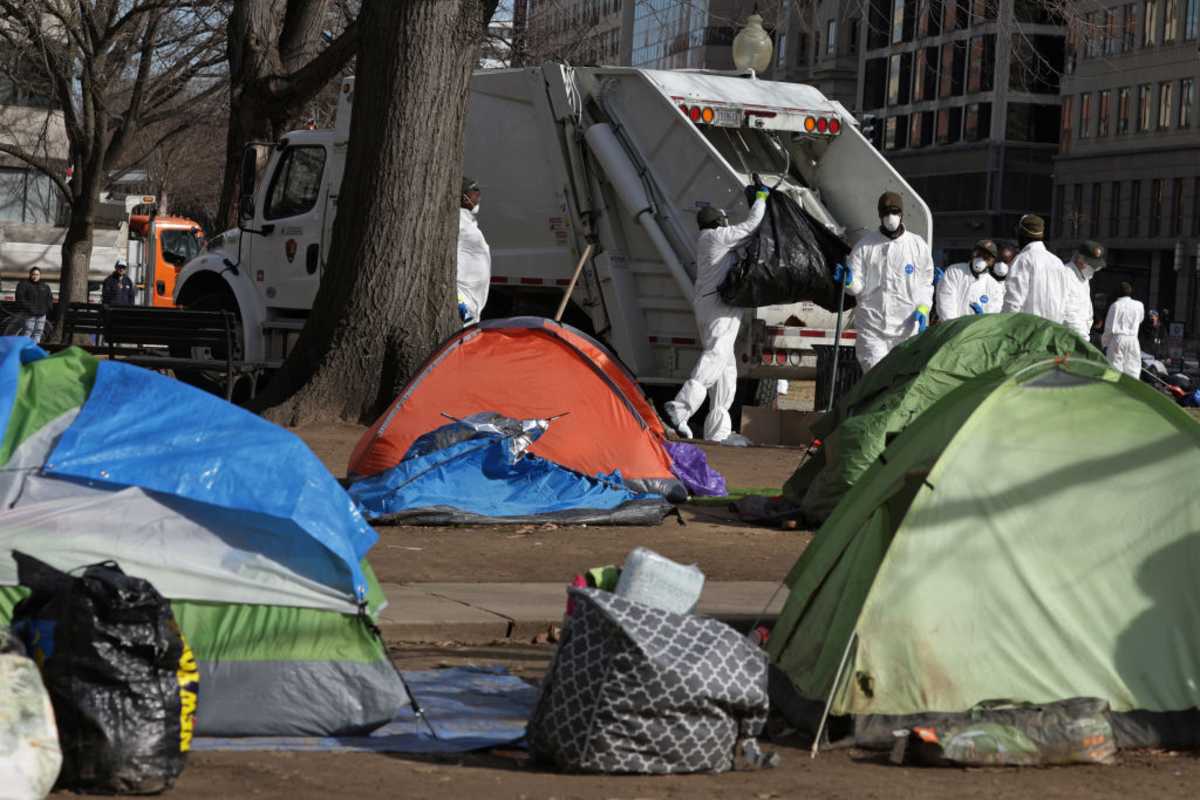
Fact Check: False, order targets homeless with severe mental illness, not all disabled
It’s true that Trump’s order encourages more civil commitments of people with serious mental illness, particularly homeless individuals who “pose risks to themselves or the public” or who “cannot care for themselves.”
But what’s false is the viral claim that the order seeks to institutionalize “anyone disabled.” The scope is narrower, though the broad wording leaves room for overreach—a concern advocates say should not be ignored.
This article contains remarks made on the Internet by individual people and organizations. MEAWW cannot confirm them independently and does not support claims or opinions being made online

